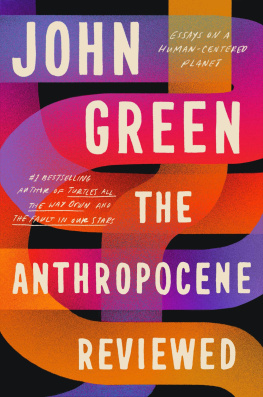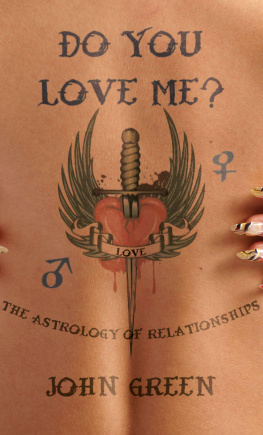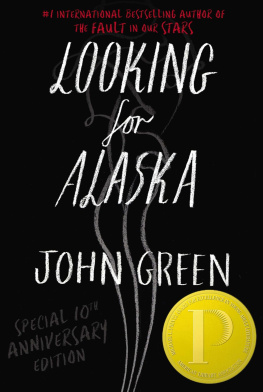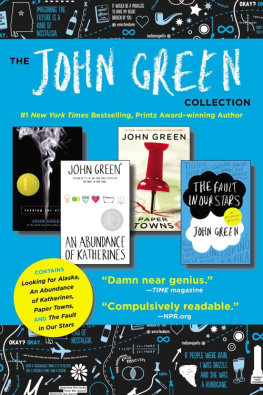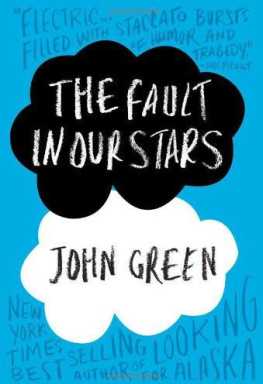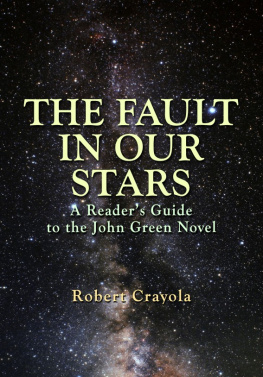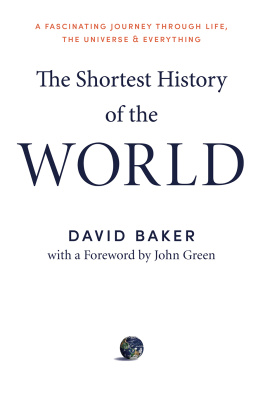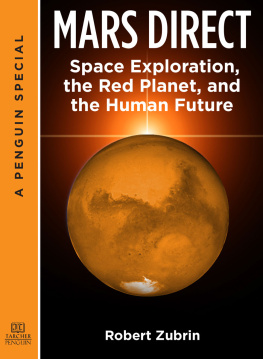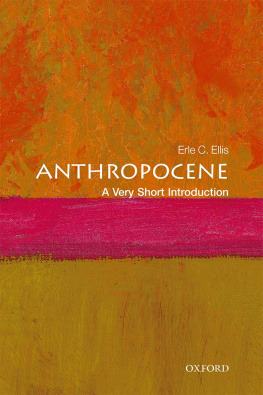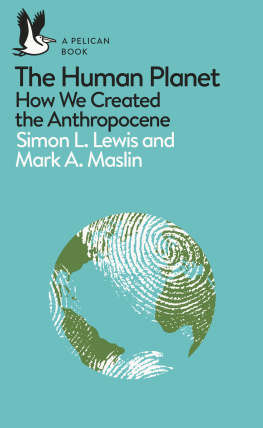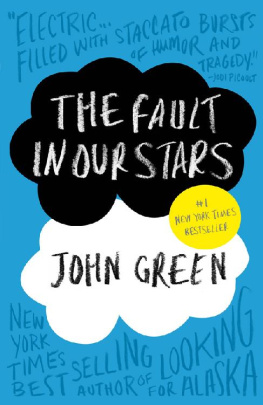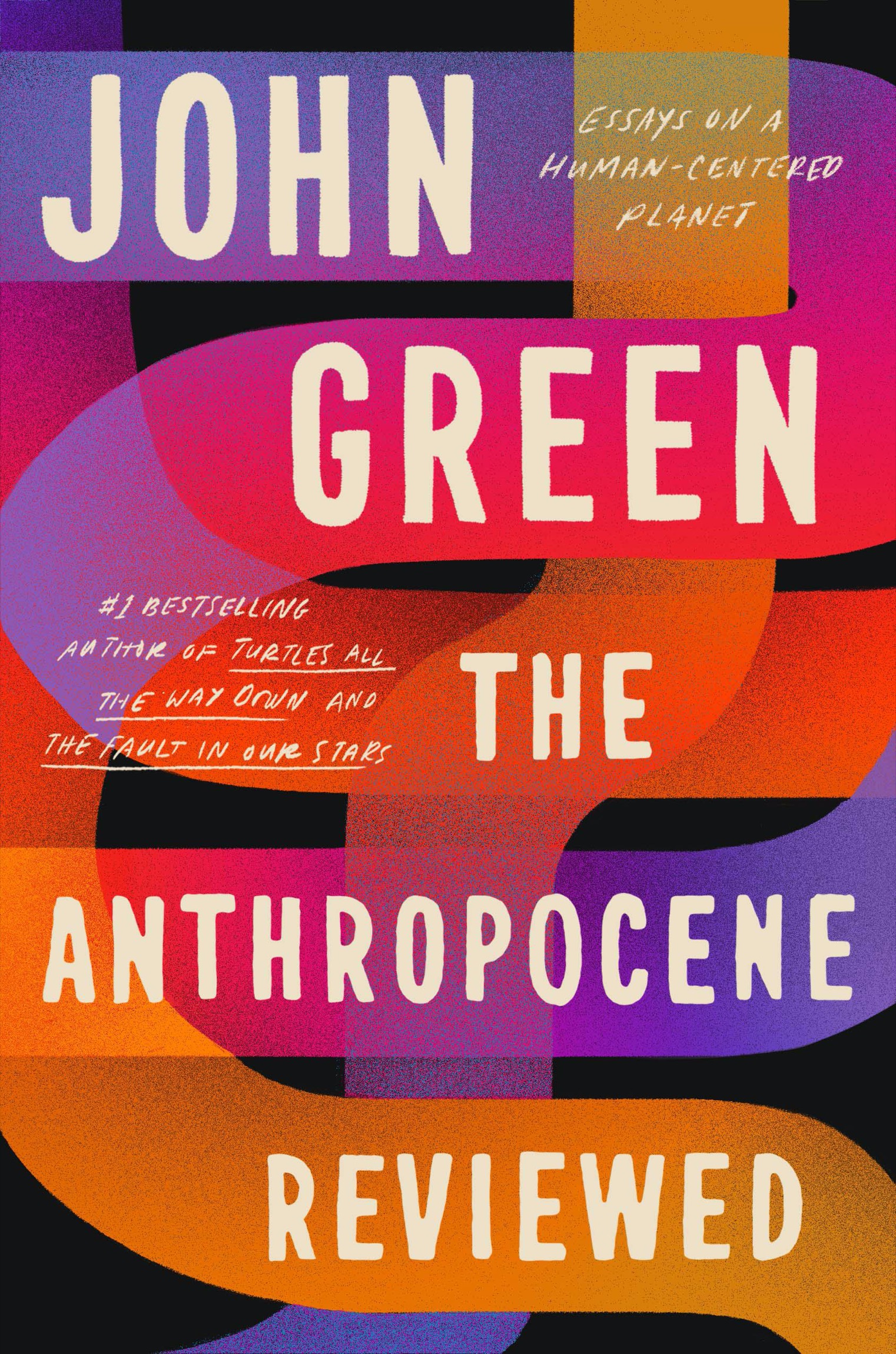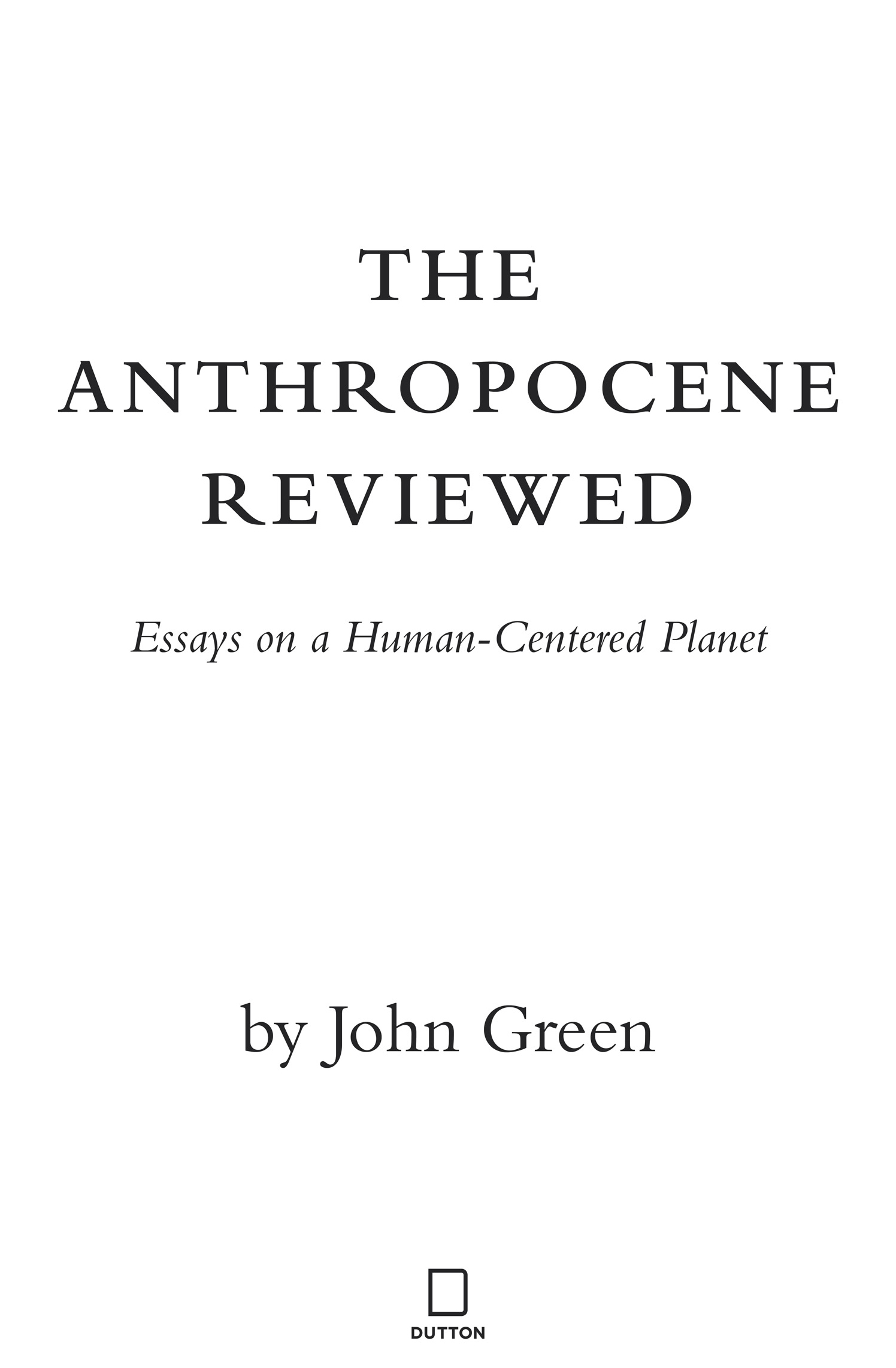ALSO BY
JOHN GREEN
Looking for Alaska
An Abundance of Katherines
Paper Towns
The Fault in Our Stars
Turtles All the Way Down

An imprint of Penguin Random House LLC
penguinrandomhouse.com

Copyright 2021 by John Green
who are you,little i on Copyright 1963, 1991 by the Trustees for the E. E. Cummings Trust, from Complete Poems: 19041962 by E. E. Cummings, edited by George J. Firmage. Used by permission of Liveright Publishing Corporation.
The Hope on : from The Poems of Emily Dickinson, Reading Edition, edited by Ralph W. Franklin Cambridge, Mass.: The Belknap Press of Harvard University Press, Copyright 1998, 1999 by the President and Fellows of Harvard College. Copyright 1951, 1955, 1979, 1983 by the President and Fellows of Harvard College.
August Sander, Young Farmers, 1914 (gelatin silver print, 23.3 17 cm) on Die Photographische Sammlung / SK Stiftung Kultur August Sander Archiv, Cologne / ARS, NY 2021. Image courtesy of The J. Paul Getty Museum, Los Angeles J. Paul Getty Trust.
Photographs of Otto Krieger and August Klein on Reinhard Pabst, Montabaur (Germany)
Penguin supports copyright. Copyright fuels creativity, encourages diverse voices, promotes free speech, and creates a vibrant culture. Thank you for buying an authorized edition of this book and for complying with copyright laws by not reproducing, scanning, or distributing any part of it in any form without permission. You are supporting writers and allowing Penguin to continue to publish books for every reader.
DUTTON and the D colophon are registered trademarks of Penguin Random House LLC.
library of congress cataloging-in-publication data has been applied for.
ISBN 9780525555216 (hardcover)
ISBN 9780525555223 (ebook)
ISBN 9780525555230 (export edition)
Edited by Julie Strauss-Gabel
Book design by Anna Booth, adapted for ebook by Maggie Hunt
Text set in Bembo MT Pro
Cover design by Grace Han
While the author has made every effort to provide accurate telephone numbers, internet addresses, and other contact information at the time of publication, neither the publisher nor the author assumes any responsibility for errors or for changes that occur after publication. Further, the publisher does not have any control over and does not assume any responsibility for author or third-party websites or their content.
pid_prh_5.7.0_c0_r0
To my friends, colleagues, and fellow travelers Rosianna Halse Rojas and Stan Muller
CONTENTS
INTRODUCTION
MY NOVEL TURTLES ALL THE WAY DOWN was published in October of 2017, and after spending that month on tour for the book, I came home to Indianapolis and blazed a trail between my childrens tree house and the little room where my wife and I often work, a room that depending on your worldview is either an office or a shed.
This was not a metaphorical trail. It was an actual trail in the woods, and to make it I cleared dozens of the prolific and invasive honeysuckle trees that choke much of Central Indiana, and I dug up the English ivy that had taken over, and then I covered the path in wood chips and lined it with bricks. I worked on the path ten or twelve hours a day, five or six days a week, for a month. When I finally finished, I timed myself walking along the path from our office to the tree house. Fifty-eight seconds. It took me a month to build a fifty-eight-second walk in the woods.
A week after finishing the path, I was searching through a drawer for some ChapStick when all at once and without any warning, my balance failed. The world began to roll and spin. I was suddenly a very small boat in very high seas. My eyes shivered in their sockets, and I began vomiting. I was rushed to the hospital, and for weeks afterward, the world spun and spun. Eventually I was diagnosed with labyrinthitis, a disease of the inner ear with a wonderfully resonant name that is nonetheless an unambiguously one-star experience.
Recovery from labyrinthitis meant weeks in bed, unable to read or watch TV or play with my kids. I had only my thoughtsat times drifting through a drowsy sky, at other times panicking me with their insistence and omnipresence. During these long, still days, my mind traveled all over, roaming through the past.
The writer Allegra Goodman was once asked, Whom would you like to write your life story? She answered, I seem to be writing it myself, but since Im a novelist, its all in code. For me, it had started to feel like some people thought they knew the code. They would assume I shared the worldviews of a books protagonists, or theyd ask me questions as if I were the protagonist. One famous interviewer asked me if I also, like the narrator of Turtles All the Way Down, experience panic attacks while kissing.
I had invited such questions by having a public life as a mentally ill person, but still, talking so much about myself in the context of fiction became exhausting for me, and a little destabilizing. I told the interviewer that no, I do not have anxiety around kissing, but I do experience panic attacks, and they are intensely frightening. As I talked, I felt distant from myselflike my self wasnt really mine, but instead something I was selling or at the very least renting out in exchange for good press.
As I recovered from labyrinthitis, I realized I didnt want to write in code anymore.
In 2000, I worked for a few months as a student chaplain at a childrens hospital. I was enrolled in divinity school and planning to become an Episcopal minister, but my time at the hospital disavowed me of those plans. I couldnt handle the devastation I saw there. I still cant handle it. Instead of going to divinity school, I moved to Chicago and worked as a typist for temp agencies until eventually landing a job doing data entry for Booklist magazine, a biweekly book review journal.
A few months later, I got my first chance to review a book after an editor asked me if I liked romance novels. I told her I loved them, and she gave me a novel set in seventeenth-century London. Over the next five years, I reviewed hundreds of books for Booklistfrom picture books about the Buddha to poetry collectionsand in the process, I became fascinated by the format of the review. Booklist reviews were limited to 175 words, which meant each sentence must work multiple jobs. Every review had to introduce a book while also analyzing it. Your compliments needed to live right alongside your concerns.
At Booklist, reviews do not include ratings on a five-star scale. Why would they? In 175 words, one can communicate far more to potential readers than any single data point ever could. The five-star scale has only been used in critical analysis for the past few decades. While it was occasionally applied to film criticism as early as the 1950s, the five-star scale wasnt used to rate hotels until 1979, and it wasnt widely used to rate books until Amazon introduced user reviews.

